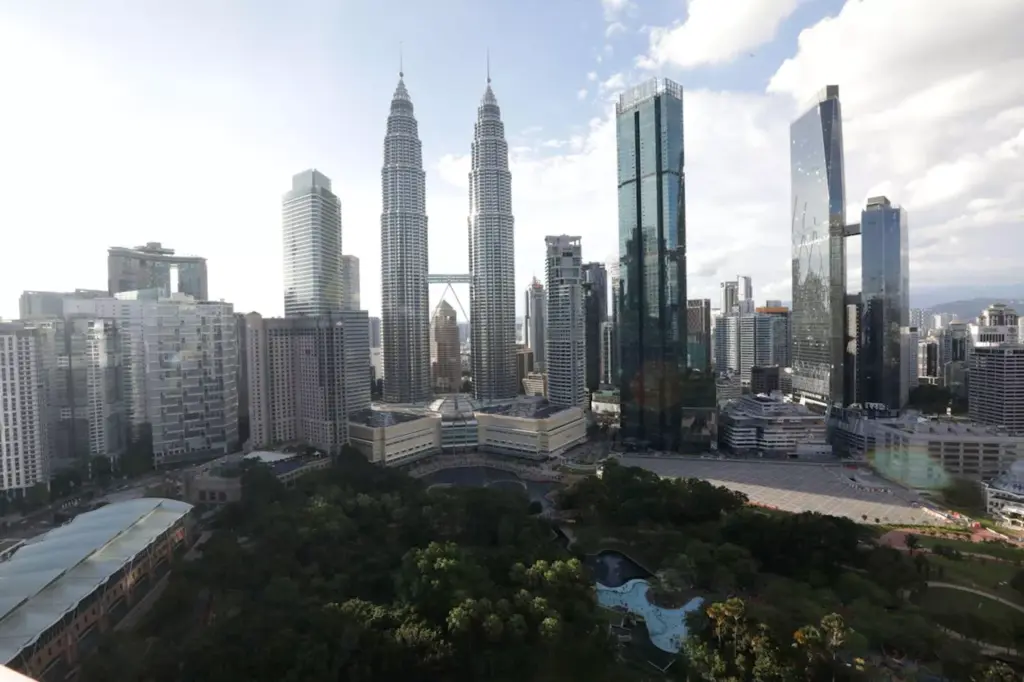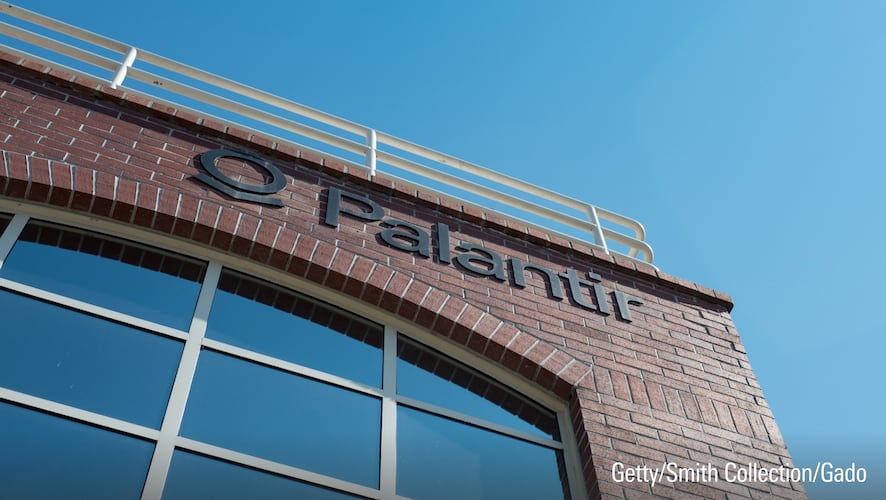
Malaysia is positioning itself as a leading nation in artificial intelligence (AI) by integrating it into various aspects of its economy and urban planning. The government aims to develop AI-driven cities that enhance public services, promote sustainability, and create inclusive opportunities for its citizens. This ambition is part of a broader strategy outlined in the 13th Malaysia Plan, which targets a digital economy contribution of up to 30% of the national GDP by 2030.
The global smart city market is experiencing significant growth, projected to expand from USD 700 billion in 2025 to USD 1.45 trillion by 2030, with a compound annual growth rate of 15.6%. As urban centers worldwide, such as Barcelona and Seoul, adopt smart technologies, Southeast Asia is emerging as a focal point for innovative urban development. Malaysia, with its population of approximately 32 million, is keen to harness this trend.
Key Initiatives and Partnerships
The Malaysia Digital Economy Corporation (MDEC), led by Anuar Fariz Fadzil, is spearheading the country’s AI initiatives. “Malaysia is on track to be ASEAN’s benchmark for AI-driven and inclusive cities, where AI will serve its citizens,” Fadzil stated. The strategy emphasizes collaboration and ethical use of AI, ensuring that advancements translate into tangible benefits for communities and businesses.
A notable project is the Putrajaya Parametric Digital Twin Project, set to launch in Q2 2025. This initiative will create a virtual replica of Putrajaya, utilizing real-time data to improve urban planning, sustainability, and safety. Such projects are designed to enhance city efficiency and allow for predictive maintenance of infrastructure.
MDEC is also working to align private sector innovation with government support to ensure that AI initiatives have lasting impacts beyond pilot projects. This approach aims to provide continuous access to AI-driven opportunities for both citizens and businesses.
Ongoing Projects and Future Outlook
In Kuala Lumpur, the city administration is employing AI and digital twin technology to optimize traffic flow, thereby reducing congestion and improving emergency response systems. Meanwhile, Johor Bahru is implementing a flood early warning system that leverages sensors and AI analytics, aiming to provide timely alerts and minimize disaster-related economic losses.
Penang has launched the Virtual Island of Penang initiative, focusing on tourism and heritage management through AI. This project includes a comprehensive dashboard to digitally document heritage sites, enhancing visitor experiences while preserving cultural assets.
Additionally, the Putrajaya Urban Observatory has been established to monitor urban metrics such as air quality, public health, and waste management. These initiatives not only showcase Malaysia’s proactive approach to tackling urban challenges but also serve as models for other cities within the nation.
The recent Smart City Expo World Congress in Kuala Lumpur further underscores Malaysia’s commitment to becoming a regional leader in smart city innovation. The event facilitated business matching sessions that resulted in RM414.68 million worth of export opportunities and featured collaborations with major global tech companies like AWS and Dell.
As Malaysia continues to develop its AI city initiatives, the focus remains on creating a resilient digital ecosystem. MDEC acts as a bridge between stakeholders, ensuring effective partnerships and accountability across projects. These efforts aim to yield smoother commutes, safer neighborhoods, and more responsive public services, ultimately contributing to billions in investments and sustainable job creation throughout the country.
With these ambitious projects and collaborations, Malaysia is not only embracing the future of urban living but also setting a benchmark for other nations in the ASEAN region and beyond.






